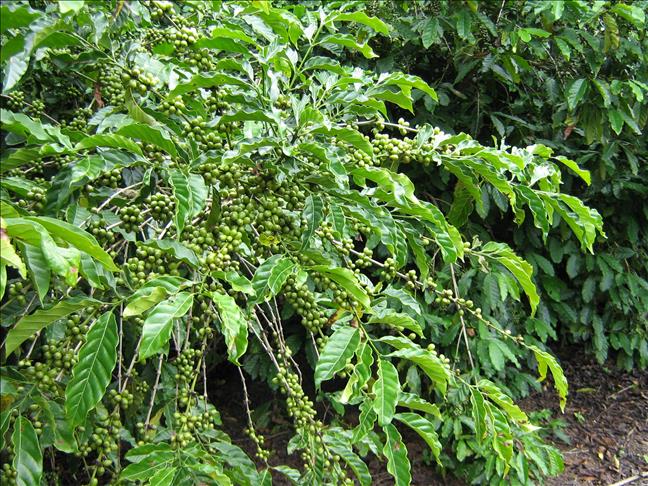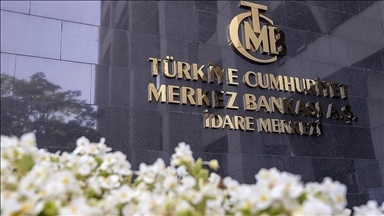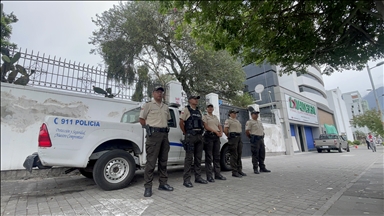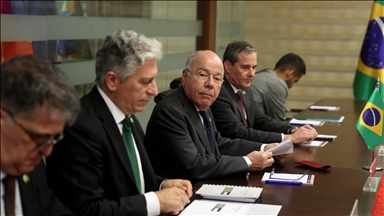Devastating drought threatens Brazil’s coffee production
“It’s the biggest loss of production I have ever witnessed and perhaps the biggest seen by a lot of the big players on the market,” according to one market analyst.

By Asger Mow and Steffen Stubager
MINAS GERAIS
Jõao Staut recently surveyed the destruction in his farmers’ coffee fields.
As the director of Qualicafex, an export company in eastern São Paulo, he helps farmers sell their coffee overseas. But sales this season will be down after southeastern Brazil deals with one of the worst droughts in decades.
“Coffee is becoming hard to produce because of this extreme weather,” said Staut. “This is almost too big of a challenge for the growers.”
In 2014, Brazil harvested about 44 million bags of coffee beans, a decline of 9 percent from 49 million bags in 2013.
“It’s the biggest loss of production I have ever witnessed and perhaps the biggest seen by a lot of the big players on the market,” according to Tiago Ferreira, a senior market analyst at FCStone, a New York-based financial services company with offices in Brazil.
“We have had recent droughts but not as bad as this one.”
Coffee prices have risen considerably due to the drought in Brazil, a country that accounts for about 35 percent of the global production.
On the Nasdaq stock exchange, future prices have increased about 45 percent since last October. As a result, several of the largest selling American coffee chains have raised prices in the U.S.
Coffee giant Starbucks has raised prices by 1 percent for a number of their beverages while packaged products cost about 8 percent more.
Dunkin’ Donuts, which sells more cups of coffee than any other company in the U.S., has also raised prices.
But prices are up not just in coffee houses. Supermarkets in several countries are also raising prices. Coop, the largest retailer in Denmark, has raised prices by 20 percent on most of its coffee products.
If the drought continues, the rising trend may continue and go even higher on the trading market and in stores around the world.
Staut says many of his farmers in southeastern Brazil have lost as much as 30 percent of their crops this year because of the drought. And for many of them, next year may be even worse.
“It’s a worrying feeling because we are not sure if we are going to be able to keep these fields in production with the difficulties the growers have now,” he said.
Anadolu Agency website contains only a portion of the news stories offered to subscribers in the AA News Broadcasting System (HAS), and in summarized form. Please contact us for subscription options.





